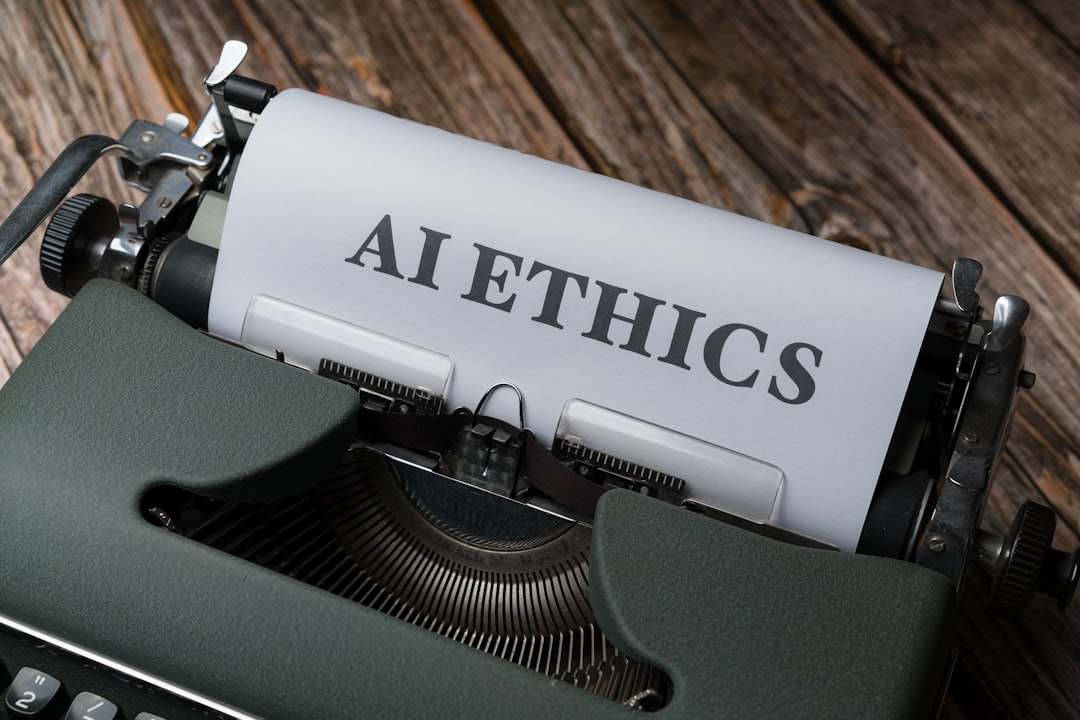With the rapid advancements in artificial intelligence, professionals across industries are questioning how best to utilize AI tools like ChatGPT in their daily workflows. The legal field is no exception. Can ChatGPT be used in law? The short answer is yes—but there are important limitations and considerations worth exploring.
ChatGPT, developed by OpenAI, is a powerful language model that can generate text, summarize information, answer questions, and even analyze documents to a limited degree. The legal sector, with its complex language and need for precision, can benefit from AI tools—but legal professionals must tread carefully.
Table of Contents
How ChatGPT Can Be Used in Law
While ChatGPT is not—nor is it intended to be—a substitute for licensed legal professionals, it can still be a valuable aid in several areas:
- Legal Research: Lawyers can use ChatGPT to help identify relevant legal principles, summarize case law, or synthesize statutes from large bodies of legal text.
- Drafting Documents: ChatGPT can assist in generating initial drafts for contracts, letters, pleadings, and more. It’s especially useful for standard language or industry-specific boilerplate text.
- Client Communication: Lawyers might use ChatGPT to brainstorm ways to explain complex legal matters in simpler, more accessible language for clients.
- Administrative Tasks: From organizing information to dictating meeting notes, ChatGPT has potential in law office management and support roles.
Benefits of Using ChatGPT in Legal Practice
The use of ChatGPT in law brings certain advantages that are hard to ignore:
- Efficiency: ChatGPT can help reduce the time spent on preliminary drafting or information gathering, allowing lawyers to focus on strategic thinking and case analysis.
- Cost Reduction: For firms with limited resources or solo practitioners, AI tools can be a cost-effective way to handle repetitive or time-consuming tasks.
- Availability: ChatGPT is available anytime, providing support 24/7 without needing breaks or downtime.
These benefits make AI tools attractive to many law firms looking to streamline operations and increase client satisfaction.
Important Limitations and Ethical Concerns
Despite its usefulness, ChatGPT has significant limitations in the legal context. Law is a high-stakes field where accuracy and ethical oversight are paramount.
- No Legal Credentials: ChatGPT is not a lawyer and cannot provide official legal advice. Relying on it exclusively for legal decisions could lead to malpractice.
- Risk of Hallucinations: ChatGPT can invent false or misleading information that sounds plausible. Inaccurate case references or fabricated legal principles can cause real harm if not carefully vetted.
- Confidentiality Issues: Entering sensitive information into any AI tool raises concerns about data privacy and compliance with client confidentiality laws.
Lawyers must take care to review all AI-generated content, verify facts, and ensure that any advice or information given to clients is legally sound and ethically permissible.

Real-World Applications and Cautionary Tales
There have already been notable incidents where lawyers used ChatGPT in legal proceedings—sometimes with problematic results. In one high-profile case, attorneys submitted a legal brief containing fake citations generated by ChatGPT. The court was not amused, and the lawyers faced sanctions. This underscores the critical importance of verifying AI-generated content.
That said, law firms around the globe are also experimenting with carefully integrating AI into their legal workflows, particularly in legal tech startups, in-house legal teams, and research departments. When used responsibly, ChatGPT can be a time-saving and valuable support tool.
Best Practices for Incorporating ChatGPT in Law
To safely and effectively use ChatGPT in a legal setting, consider the following best practices:
- Use as a Starting Point: Treat AI outputs as drafts or suggestions, not final products.
- Review Rigorously: Always fact-check and review for legal accuracy and jurisdictional relevance.
- Avoid Sensitive Data: Refrain from inputting private or confidential client information directly into AI tools.
- Stay Informed: Keep up with relevant bar association guidelines regarding AI usage in the legal field.
Final Thoughts
So, can you use ChatGPT in law? Yes—but with care, oversight, and clear ethical boundaries. AI is best used as a supplemental tool in the legal profession, not a replacement for legal expertise. With the right precautions, ChatGPT can help modernize and support legal practices while maintaining the high standards of legal integrity and client care.




